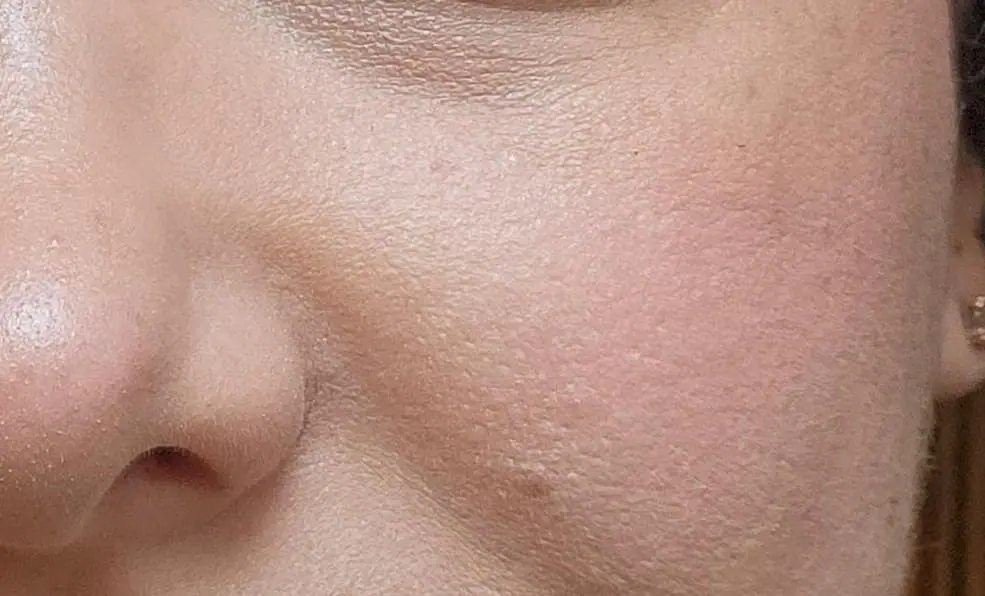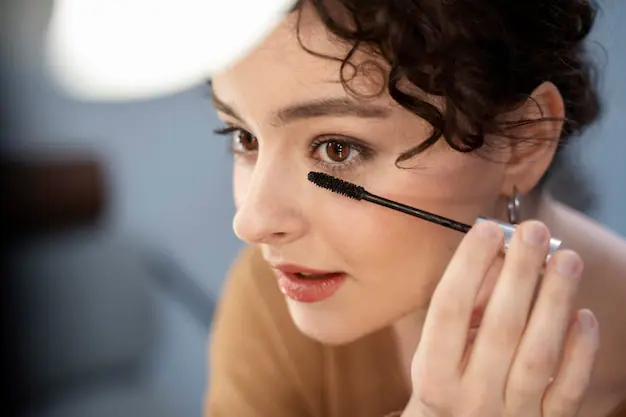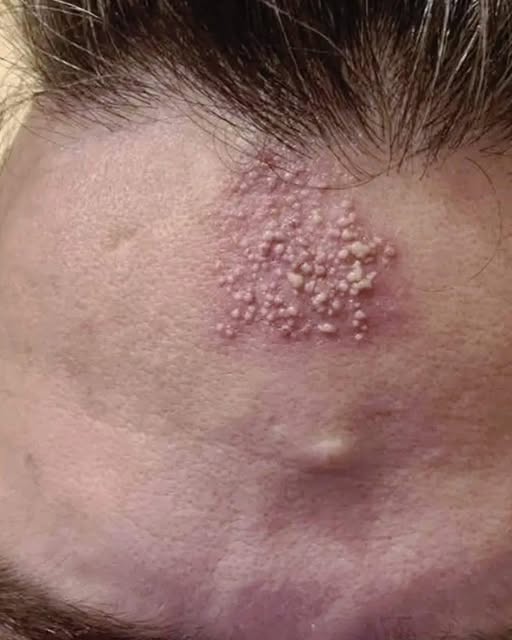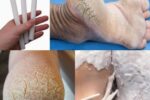Sleeping with makeup on prevents your skin from regenerating overnight.
When sleeping with makeup on seems like the easiest way out after a busy day, what’s at stake goes far beyond simply “sloppiness” in your beauty routine.
While you close your eyes hoping for rest, your skin works at an accelerated pace to repair damage from the sun, pollution and stress.
If makeup remains there, it creates a barrier that suffocates the pores, blocks cell renewal and opens the door to inflammation.
And it’s not just your face that suffers: forgotten mascara can irritate the conjunctiva, weaken eyelashes and even promote infections.
Does it seem like an exaggeration? It isn’t.
Small residues accumulated every night transform, over the months, into imperfections, premature wrinkles and sensitive eyes.

What happens to your skin while you sleep?
During sleep, cutaneous blood circulation increases, promoting the delivery of nutrients and the production of collagen.
This is the moment when micro-injuries are repaired and the protective barrier is reinforced.
When foundation, dust and pollution remain on the surface, the pores become clogged, causing:
-
- blackheads and pimples due to excess retained sebum;
- redness and flaking due to irritation;
- loss of vigor, as oxygenation decreases.
Makeup + pollution: a duo that boosts free radicals
Pollution particles carry heavy metals that can adhere to makeup components.
Together, these substances generate free radicals that attack collagen. The result is:
- more visible fine lines;
- rough texture;
- grayish and dull tone.
Eye area: fragile and prone to infections
Mascara, eyeliner and eyeshadow contain waxes and pigments that are difficult to remove.
When remaining on the eyelids:
- can migrate into the eye, causing itching or conjunctivitis;
- accumulate at the base of the eyelashes, favoring styes and blepharitis;
- dry out the strands, leaving them brittle.
Practical strategies for removing makeup, even if you’re lazy
Choose products that make the process easier
Cleansing oils dissolve stubborn makeup without rubbing. If you prefer something quick, reusable wipes or pads soaked in micellar water will do the trick.
Adopt double cleansing
- First step: oily or micellar product to “melt” the makeup.
- Second step: gentle gel with warm water to remove residue and pollution.
Extra eye care
Press a cotton ball soaked in makeup remover onto your lashes for 10 seconds before sliding it downward. This prevents pulling and loss of lashes.
Hydrate immediately
Freshly cleansed skin absorbs soothing active ingredients better. Just two drops of a lightweight moisturizer can rebalance the skin barrier overnight.

FAQ
Is it bad to sleep with makeup on once in a while?
Even isolated episodes increase the risk of irritation and blackheads, but the damage is cumulative. The more frequent, the greater the chance of accelerated aging.
Do makeup remover wipes replace washing with water?
They remove most dirt, but you can still use a water-based cleaner to remove any unseen residue.
Can hypoallergenic makeup be slept on?
No. Although it causes less irritation, it still blocks pores and interferes with cell renewal.
Is waterproof mascara worse for your eyelashes?
Yes, because it requires removing it with more friction or powerful makeup removers, increasing hair breakage if not removed correctly.
Incorporating thorough makeup removal into your nighttime ritual is as vital as brushing your teeth.
The difference is seen in clear pores, glowing skin, and healthy eyes — benefits that accumulate night after night.



